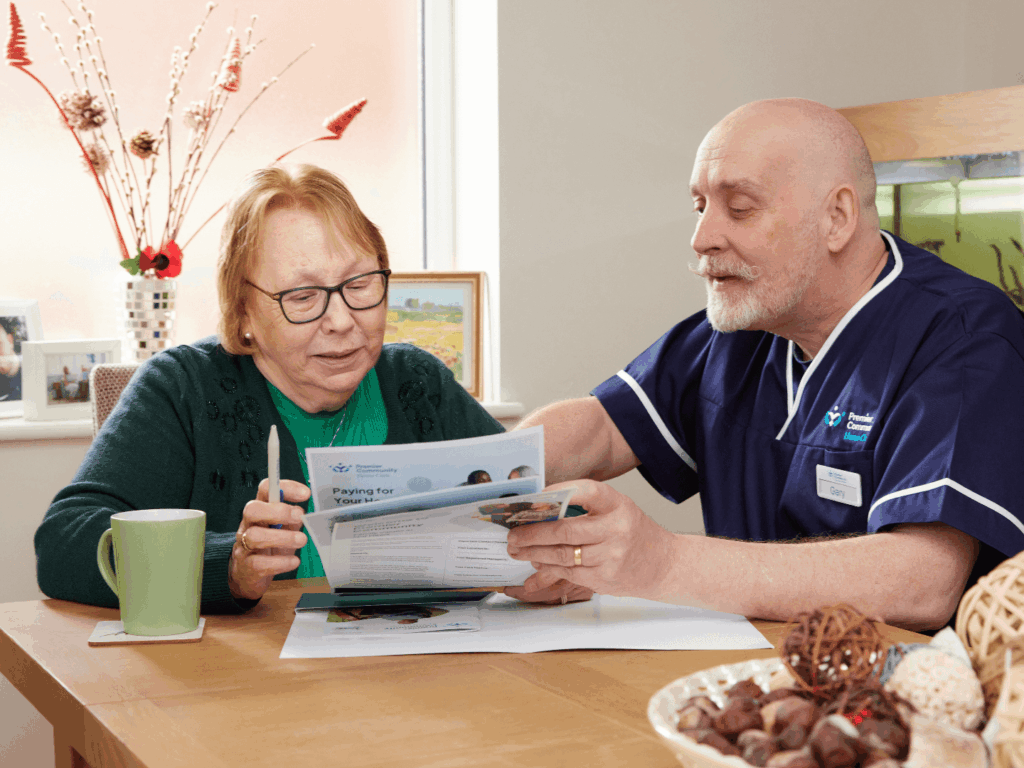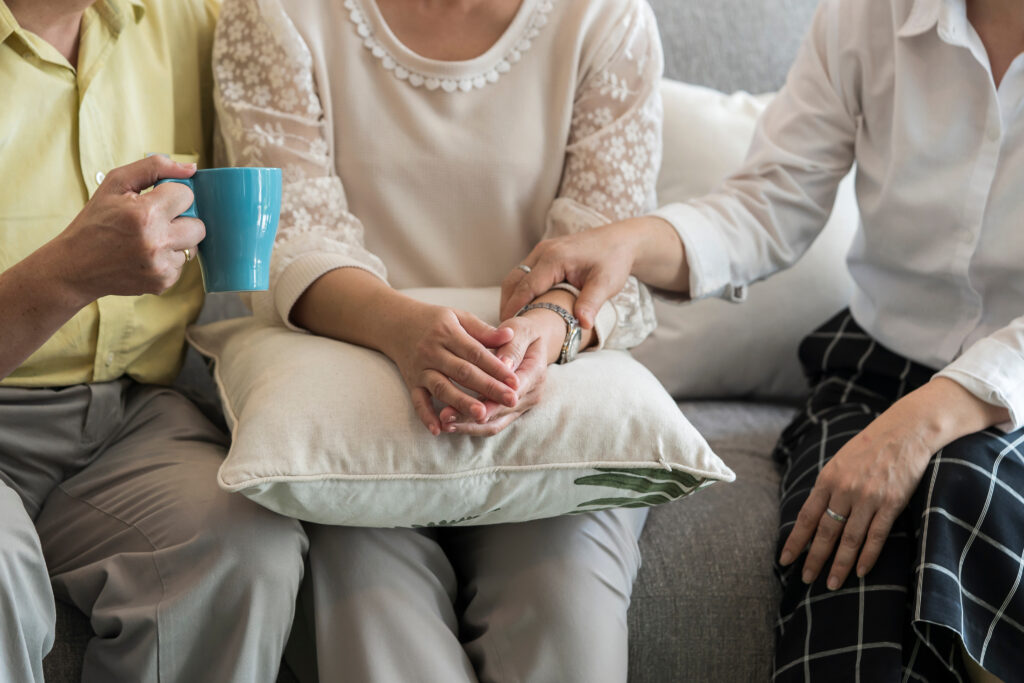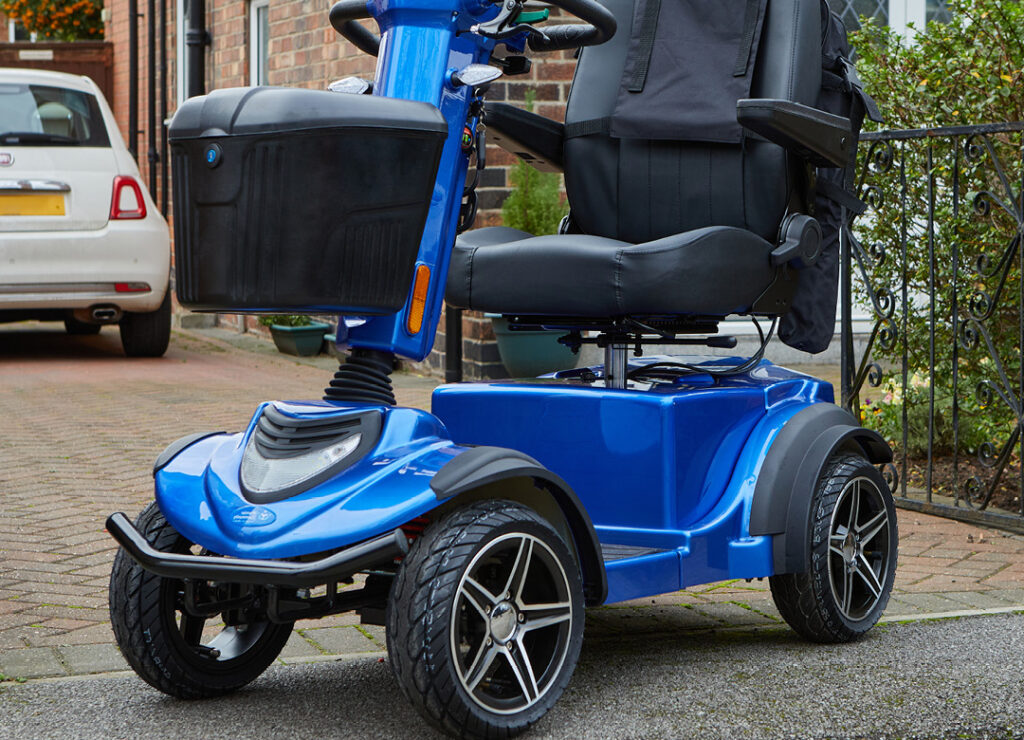With the diagnosis of Parkinson’s comes a natural decline in quality of life. To prepare for this decline in health, it is well worth considering home care options at the beginning of the journey. Our Parkinson’s care services allow you or your loved ones to remain in the comfort of your own home and maintain some independence.
Below, we have provided a guide to the types of Parkinson’s care services available and the benefits of home care for Parkinson’s patients.
Parkinson’s Care Services
Personal Care:
Personal care plays a vital role in the overall management of Parkinson’s disease because the condition progressively affects an individual’s physical abilities, making everyday tasks challenging. The symptoms of Parkinson’s—such as tremors, muscle rigidity, bradykinesia (slowness of movement), and balance issues—can significantly impact daily living. Personal care support helps individuals maintain their hygiene, dignity, and independence while managing these symptoms.
– Assistance with daily activities
Our compassionate carers can help assist with daily activities like bathing, dressing, grooming, and using the bathroom. The progressive motor symptoms can make these activities difficult to perform independently, and assistance ensures safety and cleanliness. A caregiver may help with:
- Bathing: Ensuring the person can bathe safely and thoroughly, possibly using adaptive devices like shower chairs.
- Dressing: Helping the person with adaptive clothing or buttoning/zipping to compensate for tremors or stiffness.
- Oral Care: Assisting with brushing teeth or denture care is important as motor symptoms can make this difficult.
– Fall prevention and safety
As balance problems are common in Parkinson’s, there’s often an increased risk of falls during personal care tasks. Our carers can provide physical support, ensure the environment is free of tripping hazards, and assist with movement in the bathroom or bedroom. We can also recommend adaptive devices, such as grab bars or raised toilet seats, to be installed to further enhance safety during personal care.
– Medication Management
Parkinson’s care includes medication to manage symptoms like tremors or stiffness. Our carers can help you or your loved one remember to take your medication on time and assist with proper dosing if tremors or difficulty swallowing are an issue.
– Exercise and Mobility Support
Physical exercise is key to managing Parkinson’s symptoms. As part of a tailored condition-led care plan, our carers can assist with mobility exercises or provide support during physiotherapy, helping to maintain strength, flexibility, and balance. This enhances the person’s ability to perform tasks independently for a longer period.
– Nutritional Support
Due to swallowing difficulties (dysphagia) or reduced appetite, individuals with Parkinson’s may need assistance with eating and drinking. Our carers can help prepare and serve nutrient-dense meals, assist with eating, or ensure the individual is following dietary recommendations that support their health and energy levels.
Here at Premier Community, we strive to provide the personal care that our service users require. We recognise that maintaining dignity and respect is the most important thing we can do.
We understand that every individual has a particular set of needs and requirements. So, whether you need help with toileting, getting dressed, or brushing your teeth, our carers can provide compassionate and professional Parkinson’s care when you need us most. Click on our personal care services and see if your loved one or you could benefit from them.
Companionship Care:
Remaining involved with social interaction and engagement is important to ensure your overall well-being is still cared for, as keeping engaged can reduce these feelings of isolation. This particular type of service focuses on providing company, conversation and participation in hobbies or activities that, as people, we should be given the opportunity to be involved with. Therefore, companionship care allows the carer to assist and give your loved one the opportunity to engage in activities in a way where the condition doesn’t prevent engagement.
– Emotional and Psychological Support
Companionship care can also involve receiving emotional support, we acknowledge that dealing with a progressive condition such as Parkinsons can be emotionally taxing and lead to depression or anxiety. Being able to have this emotional support option can be extremely beneficial and valuable to Parkinsons patients.
– Cognitive and Mental Health Monitoring
As Parkinson’s can also affect cognitive functions, caregivers involved in Parkinson’s care may notice changes in memory, attention, or behaviour. Early detection of cognitive decline, anxiety, or depression is crucial, and caregivers can help ensure the person receives appropriate medical or psychological support.
– Maintaining independence
The goal of Parkinson’s care is to enable individuals with Parkinson’s to retain as much independence as possible. Caregivers can work alongside the person to promote independence by encouraging them to do what they can for themselves while stepping in for tasks they are unable to manage safely.
Visit our home care services section to read more about the Companionship care services we offer. Sometimes, all we need is the company of a friendly and familiar face, and whilst companionship care may look different to different people, providing a comforting presence to lift your spirits is at the heart of what we aim to achieve.
Benefits of home care for someone living with Parkinson’s
Home care offers numerous benefits for individuals living with Parkinson’s disease, as it allows them to receive personalised support in a familiar environment while managing the progression of their condition. Here are some key benefits:
Comfort and Familiarity:
Staying at home allows individuals with Parkinson’s to remain in a comfortable, known environment, reducing stress and anxiety that can exacerbate symptoms. Our condition-led home care also promotes independence, allowing individuals to maintain daily routines and activities they are comfortable with, which can have a positive impact on their mental well-being.
Personalised Care:
Our Parkinson’s care is customised to the individual’s unique needs and preferences. As Parkinson’s symptoms vary from person to person, we can adjust your services to meet specific requirements, such as assistance with mobility, medication, or daily tasks.
Another benefit of receiving Parkinson’s care at home is that you or your loved one are guaranteed one-to-one attention. This means you’ll receive focused, dedicated care from our professional caregivers, ensuring your needs are prioritised and addressed promptly, without distraction from other patients.
Flexibility in Care:
Our Condition-led care plans can be adjusted quickly as the disease progresses, allowing for more support when needed, whether it’s increasing the number of care hours or modifying the types of services provided. This flexibility is particularly valuable as Parkinson’s care needs change over time.
Another advantage of home care for progressive diseases such as Parkinson’s is the continuity of care. Although we cannot guarantee that the same carer will visit your loved one at every visit, our localised care teams and the digitisation of your care plan mean that even if your regular carer isn’t available, one of our other local carers can step into the role seamlessly, with a clear understanding of your preferences, routines, and health conditions, ensuring smoother care transitions.
Cost-Effective Option:
In many cases, home care can be more affordable than moving to an assisted living facility or nursing home, especially in the early and moderate stages of Parkinson’s. It offers a flexible approach, allowing you to choose the amount of care needed, whether full-time or part-time.
Family Involvement:
Parkinson’s care at home allows family members to stay actively involved in the care process. They can work alongside professional caregivers, providing support while also having time to manage their own responsibilities without burnout. Our experienced carers may also be in a position to advise family members on best practices for supporting their loved one, offering tips on safe lifting, mobility support, or handling medications.
Continuity of Lifestyle:
Staying at home allows individuals with Parkinson’s to continue their preferred lifestyle routines, which can positively impact emotional health. They can continue hobbies, enjoy meals they like, and maintain their personal schedule without the disruptions that might occur in a care facility.
In summary, Parkinson’s care at home provides personalised, flexible, and cost-effective support in an environment that encourages independence, comfort, and emotional well-being for individuals with Parkinson’s disease. This approach enhances safety, promotes physical and mental health, and allows family involvement while maintaining a higher quality of life.
If you or someone you know is at the beginning of their Parkinson’s diagnosis or has been living with the condition for a while, our condition-led home care services are here to help you out. Visit our Condition-Led Care page to find out more.










